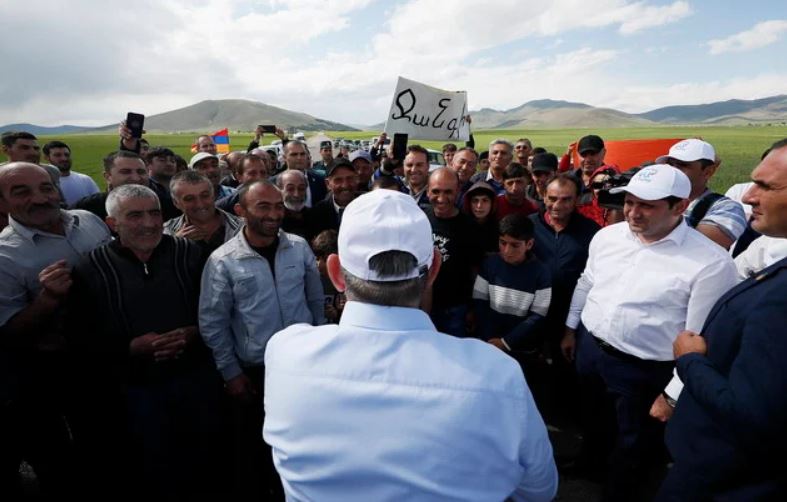There is a Russian proverb that says, “He will not spare his own father for the sake of a catchphrase.” In other words, this person’s priority is to say something that inspires an audience for the sake of applause, and it does not matter what the consequences of this speech will be. Let us confess that us journalists have that disease. We are carried away by the interesting and stinging nature of what we have to say, sometimes forgetting about the inner logic and importance of the material.
In previous years, for example, I personally tended to generalize the flaws of our high-ranking clergymen. These flaws certainly exist, but we should have been more careful and tactful here given the role that the church plays in the lives of our compatriots around the world, and given the role that faith and apostolic teaching should play in the life of our state, in my opinion, but it unfortunately does not.
However, if the issue of religion can be a subject of debate, then the issue of the state and, first of all, the army, should be indisputable for everyone. And as time goes on, when I write about these topics, I try to balance what is more important – to please the reader with my “shrill” words or to not cause harm to those important institutions. In these matters, too, let us be honest, in many cases we spread nihilism and disbelief, and we look for an easy way to be liked.
But the work of a journalist, no matter how important, cannot be compared to the leader of a country in terms of the level of responsibility. It is one thing when you speak as a journalist, it is another thing as an opposition politician, and it is a completely different level of responsibility when you are the head of state. In this case, a thousand and one factors must be taken into account: how long your speech will have an impact on your domestic life, as well as on foreign relations. Here, I repeat: I am referring to the long-term consequences, and not the cries of the courtiers and the delighted crowds.
Read also
I am convinced that one of the reasons for the failures of our state, and in particular the humiliating defeat in the war, was Pashinyan’s impulsive, unbalanced words and actions towards the army, generals, and diplomats (who, in my opinion, are the same service members, only they wear “ties”) in general in state apparatus affairs. The obsession with punishing the “former regime” and receiving the joyful cries of the above-mentioned mass overshadowed the state interest.
I do not agree that Pashinyan is deliberately trying to dissolve the army, the MFA, and state structures in general, but their decomposition is not any less painful even with the lack of intent.
The commander-in-chief of the Armed Forces cannot speak about the army at the level of “throwing candy.” Let’s leave that sensational “discovery” to “mushroom websites.”
Aram Abrahamyan




















































